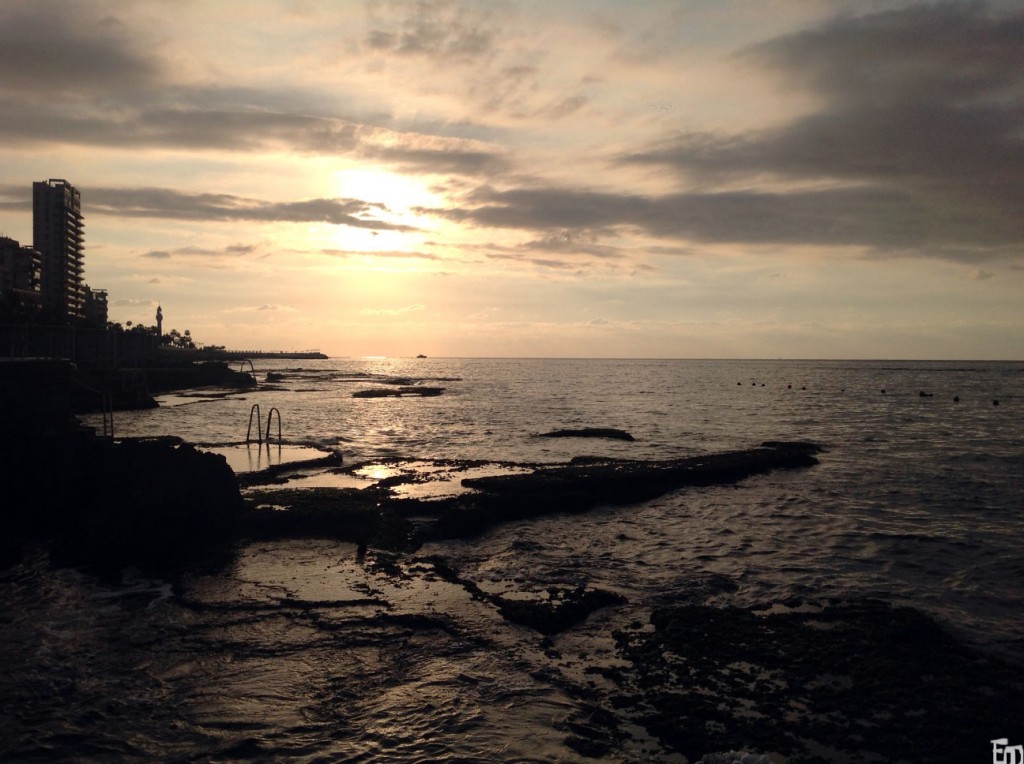You must not hate those who do wrong or harmful things; but with compassion, you must do what you can to stop them — for they are harming themselves, as well as those who suffer from their actions.
Tonight, I had dinner with a Buddhist priest in Beirut. On the menu, in addition to quinoa and halloumi, were questions on how to meditate in the middle of a war zone–and how to cultivate compassion in a cauldron of violence, anger and hate. What, we wondered, is the role and nature of detachment–and how is it different from passivity or indifference?
Sometimes when people hear about the Buddhist practice of detachment, they think that Buddhism is advocating indifference toward all things, but that is not the case. First, cultivating detachment, one could say, takes the sting out of discriminatory emotions toward others that are based on considerations of distance or closeness. You lay the groundwork on which you can cultivate genuine compassion extending to all other sentient beings.
— HH the Dalai Lama
As the Buddhist priest and I traded tales over Turkish coffee and pain perdu, he shared with me a version of the story below (while contemplating the feelings that arise in experiencing ongoing terror, violence, and uncertainty)…
***
One day the Master announced that a young monk had reached an advanced state of enlightment. The news caused some stir. Some of the monks went to see the young monk.
“We heard you are enlightened. Is that true?” they asked.
“It is,” he replied.
“And how do you feel?”
“As miserable as ever,” he replied.

